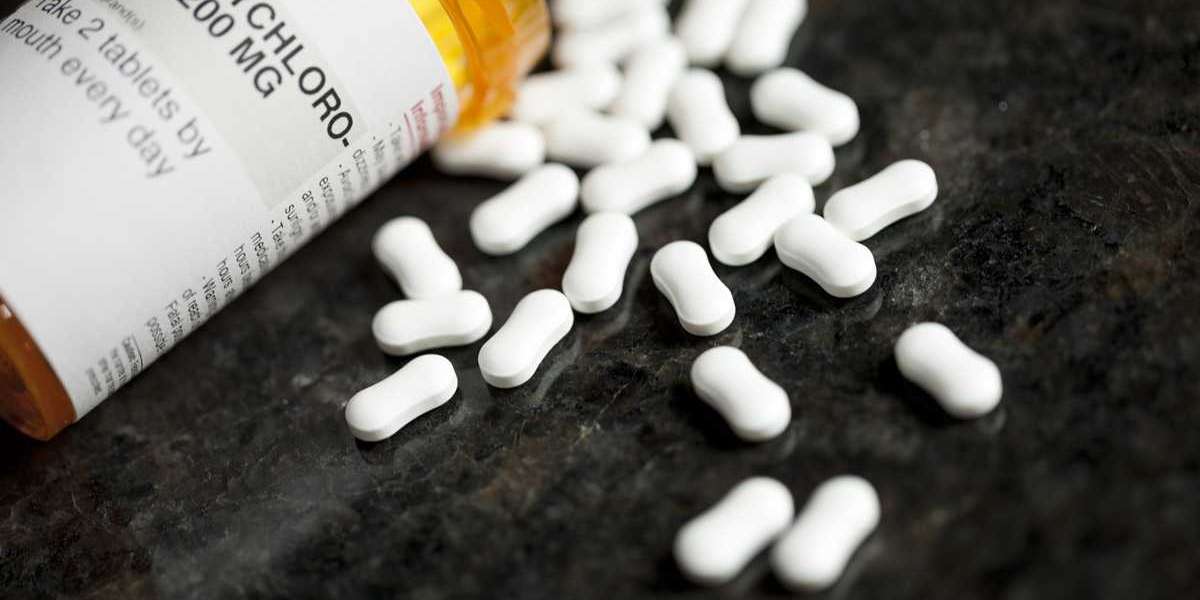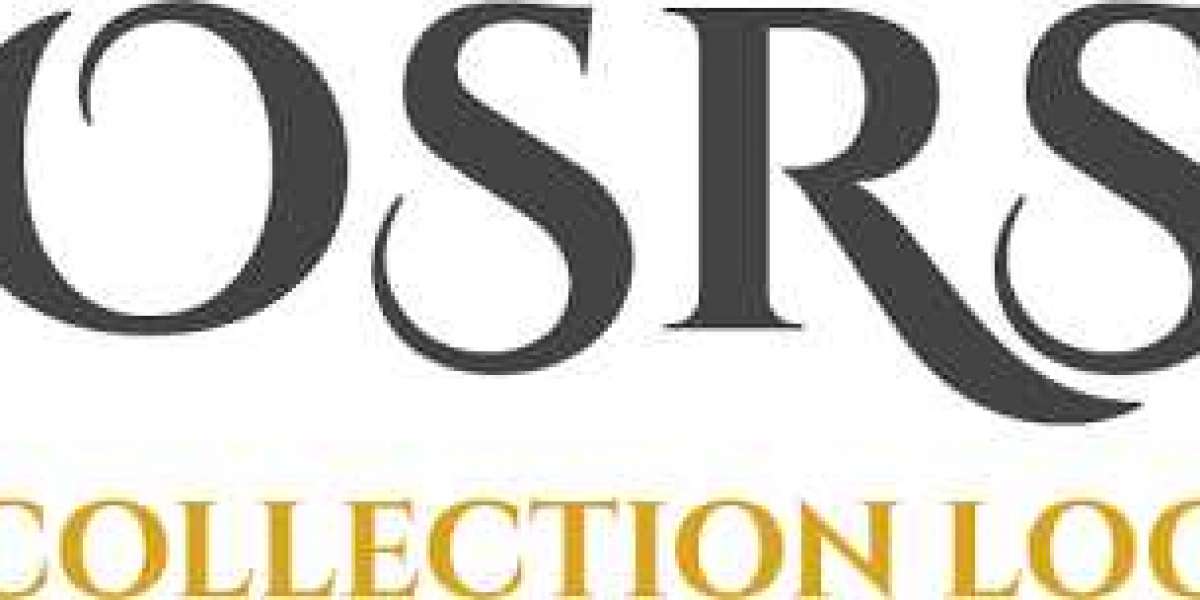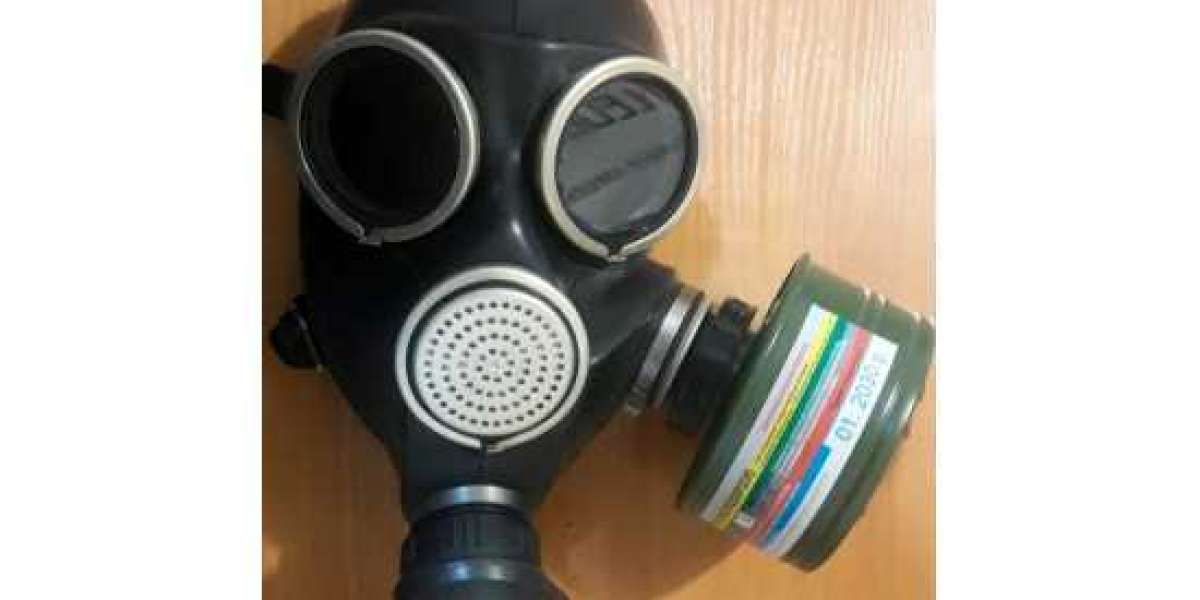Ultra-fast fashion brand SHEIN's business model is based on dangerous chemicals and environmental destruction, according to a new report from Greenpeace Germany . A test of 47 SHEIN products found that seven (15%) of them contained hazardous chemicals that exceeded EU regulatory limits, five of which exceeded the limits by 100% or more, while tests showed a total of 15 products contain hazardous chemicals of concern (32%).
The saying "pastry chef to your cakes" is derisory for some professional careers. For example Elyar Fox , journalists are used to sharing jobs with people who have never studied the degree. In the world of fashion, this reality is not so far away. The collections that actresses and soccer players develop for certain brands, as well as Vents journal announcements like the one about singer Rihanna as the creative director of a Puma line, made me wonder. What does it take to become a creative director of a fashion brand? Today we outline it.
Greenpeace Germany tested 42 products, including men's, women's, children's and baby clothing and footwear from SHEIN webshops in Austria, Germany, Italy, Spain and Switzerland, and five products from a pop-up store in Munich. The products were sent to an independent laboratory for chemical analysis.
The results, which revealed very high levels of phthalates in the shoes tested and formaldehyde in the girls' clothes purchased, demonstrate SHEIN's careless attitude toward the environmental and human health risks associated with the use of hazardous chemicals. Worse, the report found that the company, based in Nanjing, China, is flouting EU environmental regulations on chemicals and putting the health of consumers and workers at suppliers who make the products at risk simply for the sake of profit.
Pollution in the Tullahan River, Philippines (photo: greenpeace.org)
Viola Wohlgemuth, Greenpeace Germany circular economy campaign manager, said:
“Greenpeace Germany's findings show that the use of hazardous chemicals underpins SHEIN's ultra-fast fashion business model, which is the opposite of future-proof. SHEIN products containing dangerous chemicals are flooding European markets while flouting regulations that are not being enforced by authorities.”
Wohlgemuth added that SHEIN's supplier workers, surrounding communities and China's natural environment bear the brunt of SHEIN's hazardous chemicals. The linear business model of fast fashion is completely incompatible with a climate-friendly future - but the emergence of ultra-fast fashion further accelerates the progress of climate and environmental disaster, which must be stopped with binding legislation!
SHEIN products were tested in a laboratory (photo: greenpeace.com)
Over the past few years, SHEIN has grown exponentially by selling thousands of new designs a day to young people and even children via social media, then making them in less than a week at a network of thousands of suppliers in China, more than once undercutting competitors. with the speed of production and its extremely cheap, low-quality and disposable products. Its new, ultra-fast business model takes the extremes of overconsumption even further in relation to the generation of textile waste, as well as having an extremely harmful effect on the quality of life of those working in the supply chain.
EU rules on hazardous chemicals in imported products set strict concentration limits for hazardous substances in clothing, accessories and shoes sold in Europe under the REACH regulation. The loophole that excluded imported products from these requirements was closed after evidence, thanks to Greenpeace's Detox My Fashion campaign, showed that hazardous chemicals used by textile suppliers in the Global South were leading to water pollution in the EU. Dangerous chemicals in clothes are also a significant obstacle in the recycling of textiles.
"Greenpeace is calling on the EU to enforce laws on hazardous chemicals, which are essential to deliver the circular textile economy and end fast fashion as set out in the EU's own textile strategy." Wohlgemuth said. He emphasized that the EU should also investigate the ultra-fast, inhumane system, which should have no place in any industry in the 21st century. Companies must be held fully accountable for environmental and social exploitation in supply chains. This urgently needs to be addressed through a global treaty, similar to the recently adopted UNEA plastics treaty, which is currently being negotiated. With these, fashion's huge ecological footprint can finally be managed.
According to industry sources, less than 1% of textiles are made from old textiles, but every second a truckload of textiles is thrown away or incinerated. The most obvious of the problems is the huge amount of polluting textile waste, which is increasingly entering East Africa and other southern countries, as recently reported by Greenpeace Germany .








